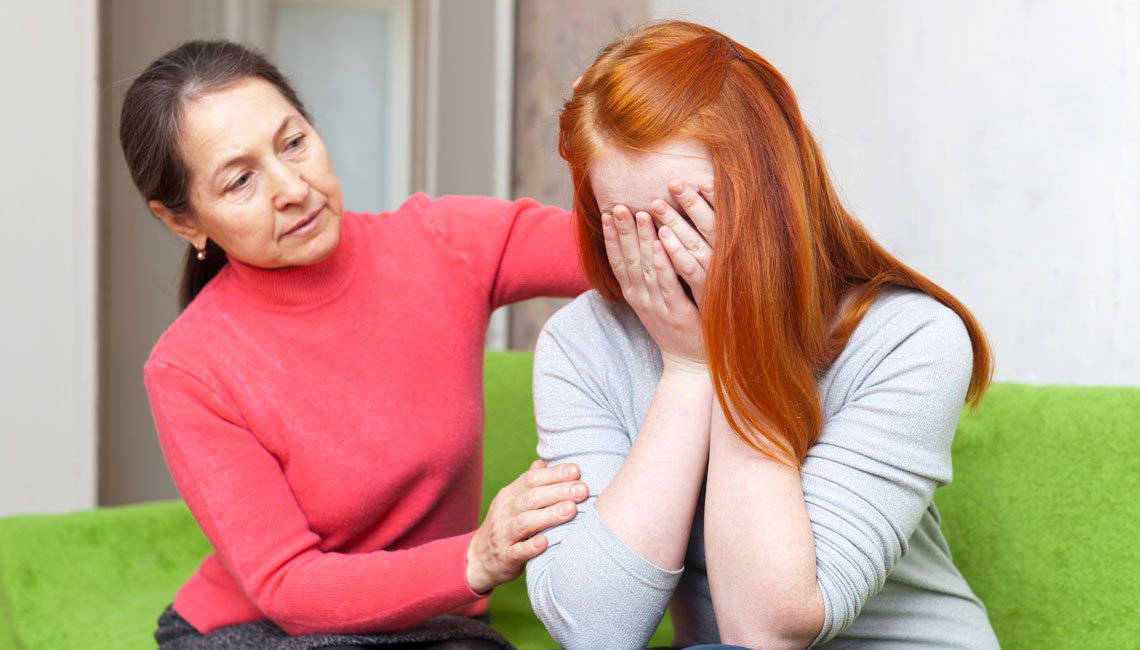When your child has been bullied, you can feel lost. What do you do? Your child might not want to talk about it or may have trouble expressing any emotions. And you have your own feelings about the situation. You may have questions or want to get right to planning. It can be hard to decide how it’s best to approach your child after they’ve been bullied.
How do you communicate with your child?
My suggestion is to remember the 3 E’s:
- Empathy. You want to be empathic by asking how they might feel, but not telling them what they are feeling. This may look like “I’m wondering if you may be disappointed or sad?” “How did you feel when that happened?” “What did you think about or what did you want to do when they did that to you?” Listen to their responses and focus on understanding how they feel through showing empathy.
- Empowerment. When a child has been bullied, he or she may feel beat down and powerless. As a parent, it your responsibility to help him or her to regain some of their feelings of power through how you decide to handle the situation at hand. Empower your child by asking them what they would like to do about the bullying. Do they want to go back and address the issue with the peers who are bullying them? They may ask to do this themselves and not want help from their parents. It is important for children and young adults to feel empowered to handle issues themselves. They will feel better in the long run if they are able to have a plan and feel empowered to complete the plan.
- Engagement. Once your child has been empowered and is participating in the conversation, you can create a plan that includes all the people who need to be involved. Even if your child wants to handle the whole thing, you must make sure that you are committed to stepping in, if their safety or well-being is at risk. You can also engage the school, to make sure they are involved in keeping your child safe. You need to make sure what your version of engagement will look like. Will your child follow-up with a school counselor or a teacher to explain how they handled the situation? Will you approach the principal to create a more formalized plan? Will you and your child have a method of communication for emergencies? How you engage others in protecting your child is unique to your relationship to your child, the school, and to each other.
If your child continues to seem depressed and using the three E’s of Empathy, Empowerment and Engagement do not seem to be helping the situation, it is critically important to seek help from an expert in this area.
Please feel free to contact Danielle Matthew at the Empowerment Space for help: (818) 267-4282. You can also learn more about the Empowerment Space program at www.empowerment.space.
You can also find helpful resources here: www.stopbullying.gov.
Danielle Matthew, Licensed Marriage and Family Therapist, specializes in treatment for bully victims and has worked in the field for over 20 years with youth in day treatment programs, residential facilities, and outpatient services. True to her passion to educate others about the bullying epidemic, Danielle regularly presents to Pepperdine University students as well as Cigna Behavioral Health and Cedar Sinai Medical Center to increase awareness and action.



![Danielle-TN-NM-LOGO[27]](https://empowerment.space/wp-content/uploads/2022/05/Danielle-TN-NM-LOGO27-150x150.png)
